Description
Question 1
1.1 African philosophy is concerned with attempting to reassert distinctively African ways of thinking and of relating to the world. In the light of this, what issues need to be addressed in education? List 4 issues. (8)
1.2 In responding to the question in 1.1, discuss the significance of ubuntu and communality for education.
(Refer to pages 14-17 of Philosophy in Education Today: An Introduction) (20)
1.3 Name TWO educators associated with African philosophy. (2)
(Refer to pages 15 and 17 of Philosophy in Education Today: An Introduction)
1.4 What is the intention of the Indigenous African Knowledge System Programme? (10)
Refer to page 27 of Philosophy in Education Today: An Introduction)
1.5 What impact would the integration of indigenous African knowledge systems with Western knowledge systems have on the school curriculum in South Africa? (10)
(Refer to page 29 of Philosophy in Education Today: An Introduction)
(50)
Question 2
Read Chapter 5: Hermeneutics and a hermeneutic philosophy of education in your prescribed textbook before responding to this question.
2.1 If, according to hermeneutics there is no ‘one right answer’ to a problem, given that answers are dependent on interpretation, can there ever be consensus on the quality thereof, of open distance e-learning? (10)
2.2 From and open distance e-learning standpoint what would be the arguments for or against privileging the STEM subjects (science, technology, engineering and mathematics) over humanities and social science areas of study? (10)
2.3 Reflect on the ODeL context in South Africa, and say whether you think it offers a supporting and enabling environment for a hermeneutical practice?
Question 3:
Read chapter 9: Postmodernism and philosophy of education in your prescribed textbook in responding to this question.
3.1 Why has Postmodernism to date, had little impact on government education schemes?
(Refer to pages 128 of Philosophy in Education Today: An Introduction) (3)
3.2 What does Postmodernism focus on?
(Refer to pages 128 of Philosophy in Education Today: An Introduction) (3)
3.3 Name THREE philosophers who were associated with Postmodernism
(Refer to pages 129 of Philosophy in Education Today: An Introduction) (3)
3.4 What Postmodern concepts have been found to be very useful by educators?
(Refer to page 130-131 of Philosophy in Education Today: An Introduction (3)
3.5 Identify TWO characteristics of Postmodernism
(Refer to page 132 of Philosophy in Education Today: An Introduction) (2)
3.6 What Postmodern concepts have been found to be very useful by educators?
(Refer to page 130-131 of Philosophy in Education Today: An Introduction ) (3)
3.7 How can Postmodernism help teacher with their classroom practice?
(Refer to page 138-139 of Philosophy in Education Today: An Introduction) (3)
(20)
TOTAL: [100]

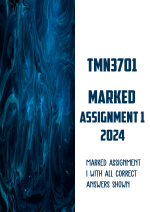





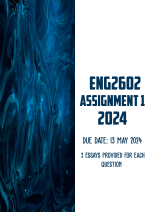
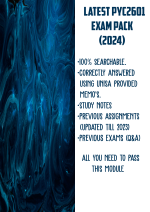
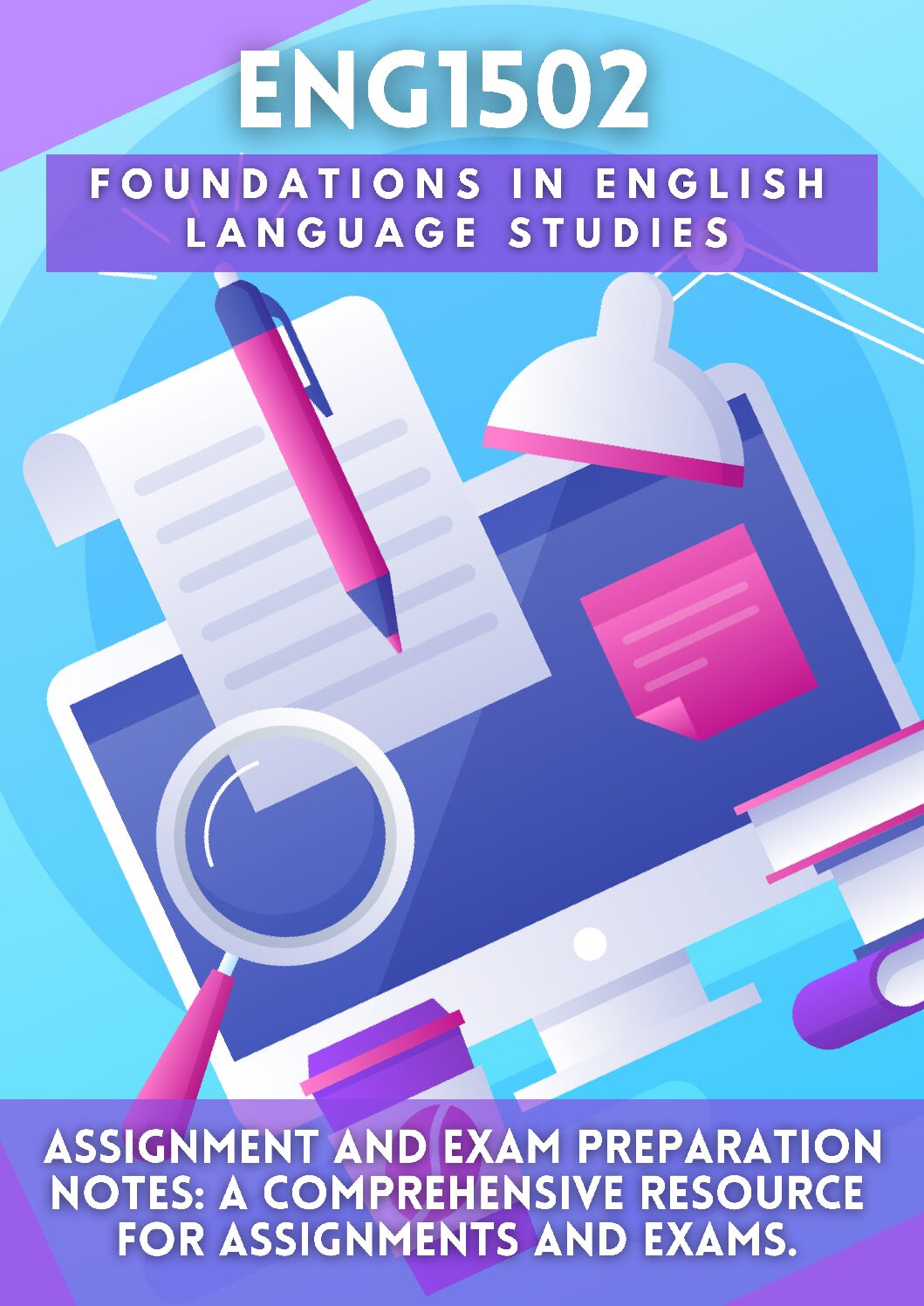
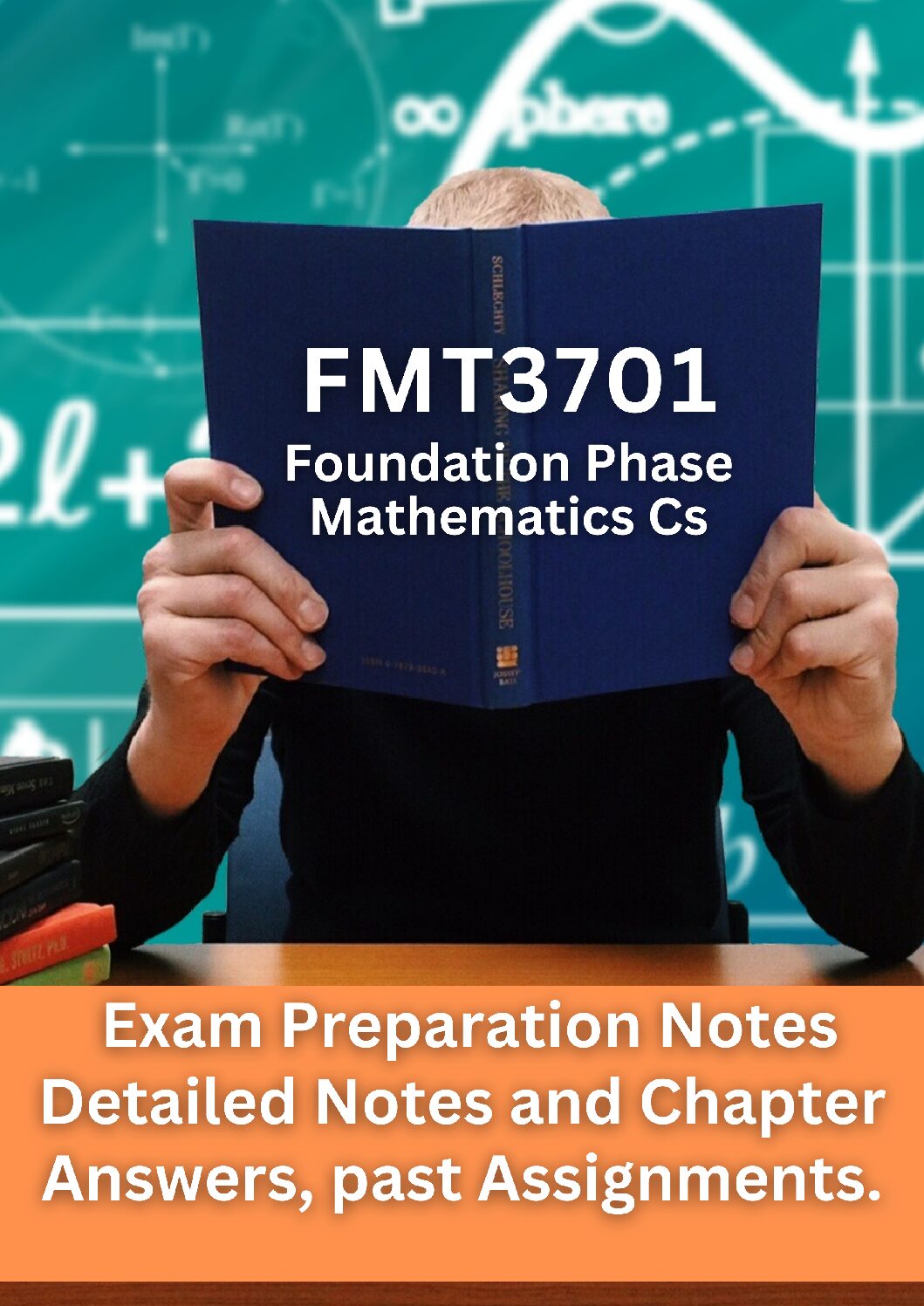
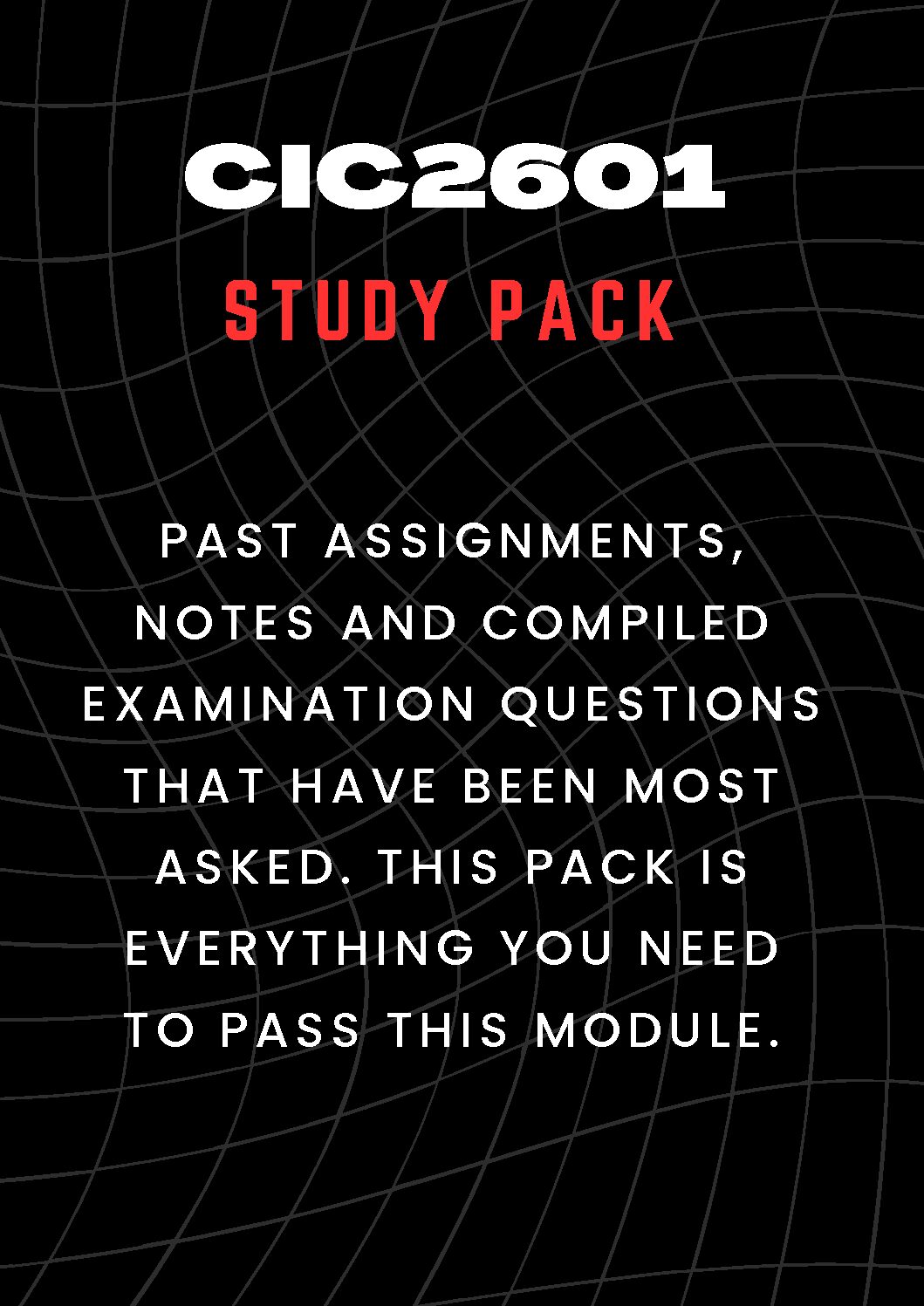

Reviews
There are no reviews yet.